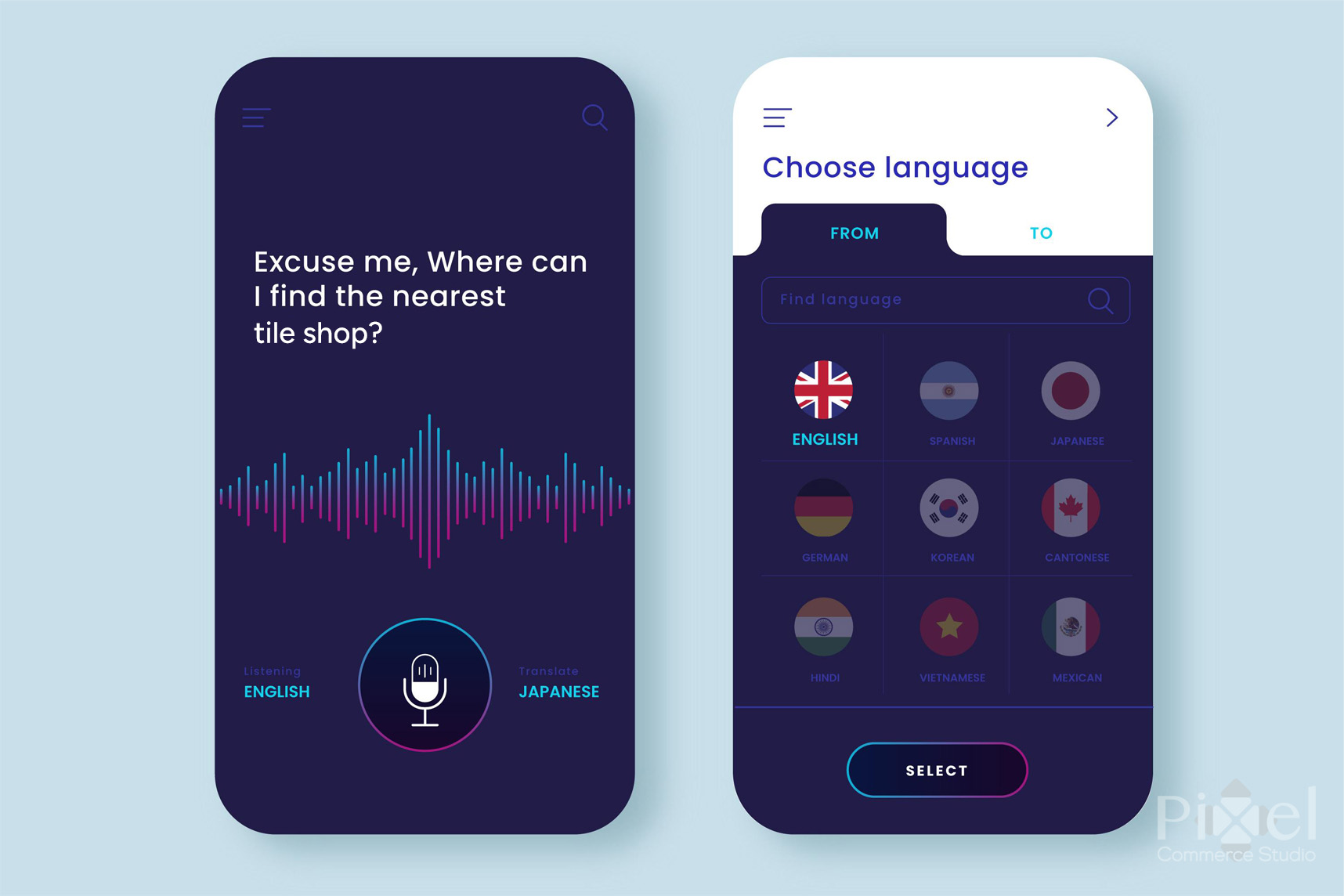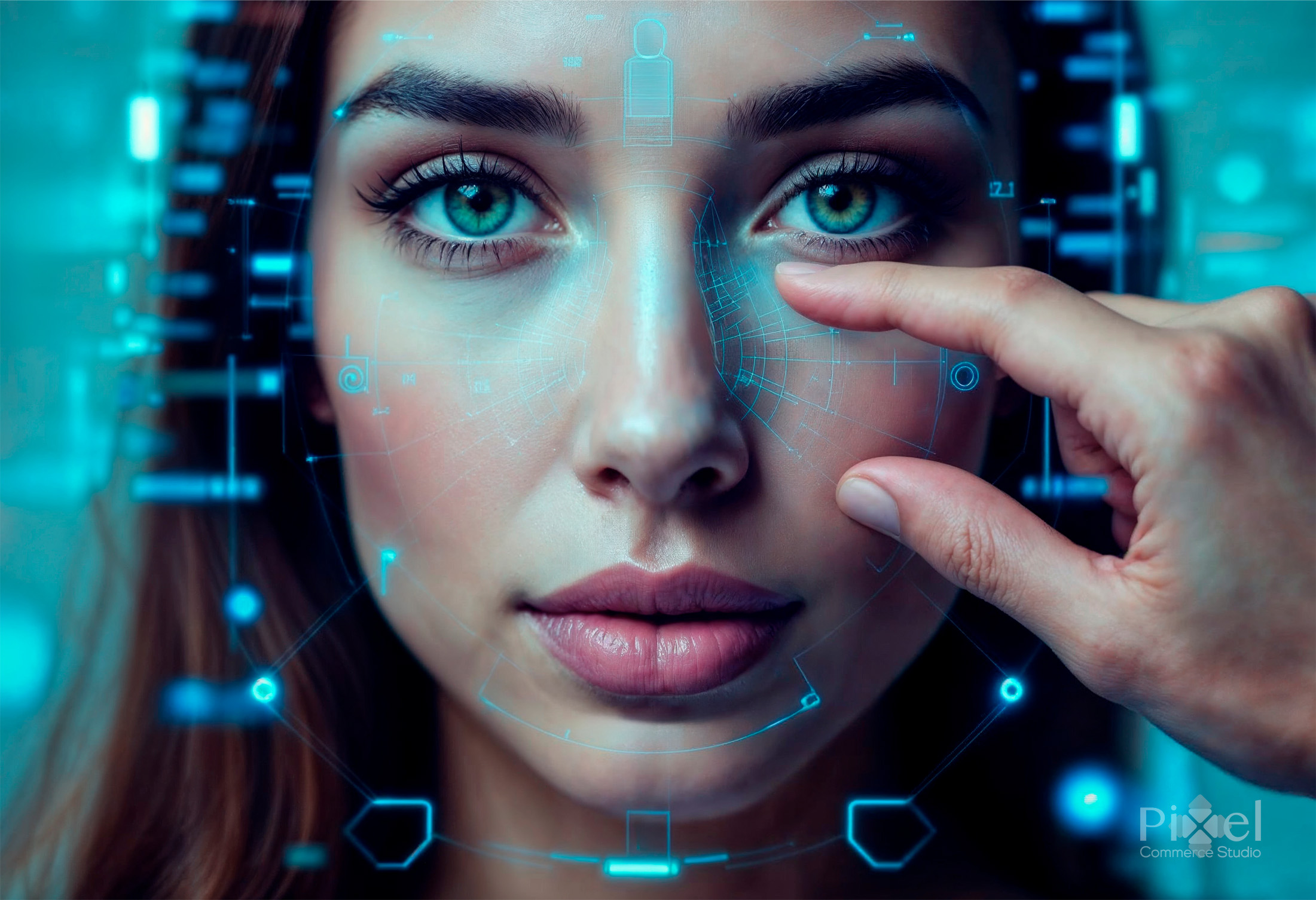Top 10 Everyday Applications of AI You Didn’t Know About
By Lucas VuongDigital Marketing & Growth Strategy Lead, Pixel Commerce Studio
September 30, 2025
Artificial Intelligence (AI) isn't just reserved for science fiction movies or high-tech industries.
Artificial Intelligence (AI) isn't just reserved for science fiction movies or high-tech industries. It's quietly transforming our daily lives in ways we don’t always notice. From boosting productivity to enhancing convenience, AI is embedded in many of the tools and services we use every day. Let’s dive into the top 10 AI applications you likely didn’t know were influencing your routine.
1. Smart Assistants (Siri, Alexa, Google Assistant)
Most people are familiar with voice-activated assistants, but did you know these tools are powered by sophisticated AI algorithms? Whether you're setting reminders, asking for the weather, or controlling your smart home, these AI systems understand natural language and learn from your preferences to provide more accurate responses over time.

How It Works:
Smart assistants utilize Natural Language Processing (NLP) and machine learning to interpret and respond to user queries. They improve as they gather data on your voice and usage patterns, becoming more intuitive with time.
2. Personalized Content Recommendations
Ever notice how Netflix, Spotify, or Amazon seems to just know what you might like? That’s AI at work. These platforms analyze your past choices, preferences, and even what others with similar tastes are watching or listening to, to offer curated recommendations.
How It Works:
AI algorithms use collaborative filtering and deep learning models to predict what you’ll enjoy based on your past behavior, along with the behavior of others who share similar interests.
3. Smart Home Devices (Thermostats, Lighting, Security)
AI-powered smart home devices, like thermostats (e.g., Nest), lighting systems, and security cameras, learn your habits to improve comfort, energy efficiency, and security. For instance, a smart thermostat can adapt to your schedule, adjusting temperatures based on when you’re home or away, helping you save energy.
How It Works:
AI uses data from sensors and your interactions with the system to continuously adjust and optimize settings for better performance and cost-efficiency.
4. Email Filtering and Spam Detection
Most email platforms use AI algorithms to filter out spam and prioritize important messages. AI scans your incoming emails, learns from your interactions (e.g., which messages you open or delete), and improves its ability to identify which emails should be flagged or moved to spam.
How It Works:
AI uses machine learning models to recognize patterns in your email habits and apply this knowledge to categorize incoming messages accurately.
5. Chatbots for Customer Support
Ever interacted with a chatbot on a website? These AI-driven tools are not just for tech companies—they’re now used by many industries, from retail to healthcare, for handling customer inquiries and support. They can resolve issues, recommend products, and even troubleshoot problems without human intervention.
How It Works:
Chatbots use Natural Language Processing and AI-powered decision trees to understand customer queries and provide relevant responses based on stored knowledge and customer data.
6. AI-Powered Maps and Traffic Navigation
If you’ve ever used Google Maps or Waze to navigate through traffic, you’ve benefited from AI. These apps analyze real-time traffic data, construction reports, and even user feedback to offer the fastest routes and avoid traffic jams.
How It Works:
AI algorithms process vast amounts of real-time data from GPS devices, road sensors, and even social media to predict traffic conditions and suggest optimal routes.
7. Online Shopping (Product Search & Visual Recognition)
Online shopping platforms are using AI to make your experience faster and more personalized. AI can suggest products based on previous purchases or even analyze a picture you upload to find similar items. Ever uploaded a picture to find a pair of shoes that match? That's AI at work!
How It Works:
AI uses image recognition and data mining to identify products from photos or analyze your browsing habits to recommend relevant products.
8. Health Monitoring and Fitness Apps
Fitness apps and health trackers like Fitbit and Apple Watch use AI to monitor your activities, track your heart rate, and offer personalized workout suggestions. AI can also detect irregularities in your health data, alerting you to potential issues before they become serious.
How It Works:
AI uses predictive analytics and machine learning models to process data from your wearable devices and make recommendations to optimize your fitness or alert you to any concerning health trends.
9. Voice-to-Text Transcription
AI-powered voice-to-text tools (like Otter.ai or Google’s voice typing) are revolutionizing the way we take notes or transcribe meetings. These systems convert your speech into written text in real-time, learning from your voice patterns and improving accuracy over time.
How It Works:
Voice-to-text technology uses deep learning and speech recognition algorithms to transcribe spoken language into written words, continuously learning from user interactions to enhance accuracy.
10. Facial Recognition Technology
Facial recognition AI is becoming more common than you might think. From unlocking your phone to security systems at airports or even shopping centers, AI-powered facial recognition is used to verify identities or track individuals in real-time.

How It Works:
AI uses deep learning models to analyze facial features and match them to a database of known individuals, offering quick and secure authentication.
Conclusion: AI Is Everywhere
AI is seamlessly integrated into many aspects of our daily lives, making tasks faster, more personalized, and often more efficient. From voice assistants to smart homes, AI is quietly enhancing the way we live and work. The next time you use your phone, hop in the car, or even shop online, remember—there’s a good chance AI is working in the background to make the experience better.
By understanding the top 10 everyday applications of AI, you can begin to see how much this technology is shaping our world—and how it can benefit your business. Stay tuned to Pixel Commerce Studio for more insights into the ever-evolving role of AI in modern life.






